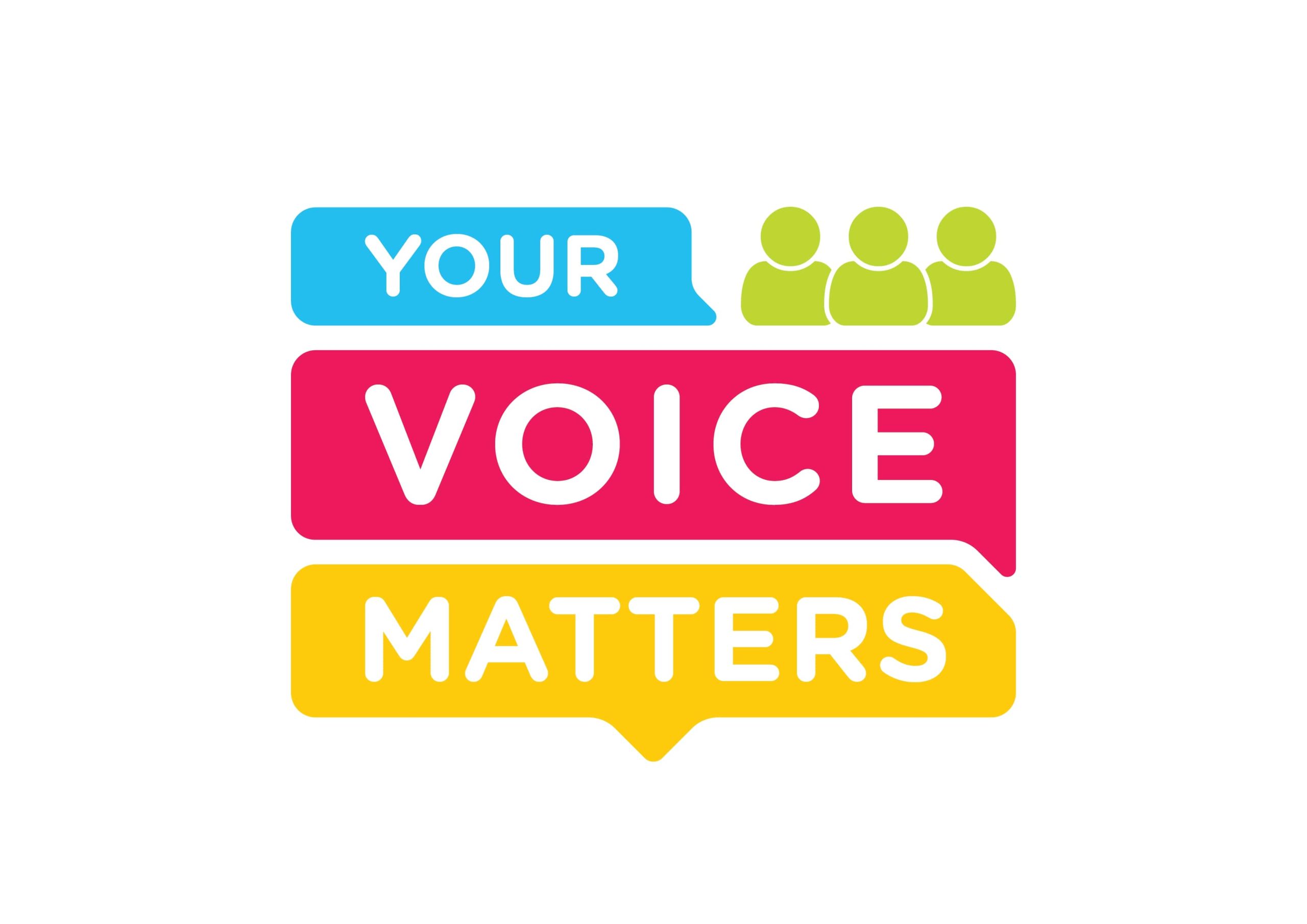All over the world, persons with disabilities experience discrimination at the workplace. As such, many progressive nations have enacted legislation to address this issue.
Therefore, it was disappointing to hear the Human Resources Minister, V Sivakumar, express that there was no such need in Malaysia because we had “very few cases involving workplace discrimination” and that “existing legal provisions are sufficient”.
Perhaps the minister has been misinformed or is unaware of the real situation. All of us are aware that discrimination based on gender, ethnicity, religion, and disability is common in Malaysia.
Regarding workplace discrimination against persons with disabilities, the lack of reports does not reflect the reality. There are a number of studies which show that workplace discrimination against persons with disabilities is a reality and is widespread.
Some examples include Khoo SL 2013, Lee MN, and Narayanan 2018. Hence, our minister’s reference to the “eight cases” needs a major revision.
What is more distressing, and often poorly recognised, is that many persons with disabilities do not even get employed as they are rejected at the application phase or during the job interview, once the prospective employer discovers they are disabled.
In a survey conducted by Vase.ai and Women’s Aid Organisation (WAO) in 2020, women with a permanent disability were told by their interviewer or recruiter that they should consider freelancing instead, as their disability was an issue. Hence, good discrimination legislation must always address this loophole in employment.
Persons with disabilities who manage to secure employment face significant and unresolved challenges at the workplace in terms of physical barriers at the workplace (mobility access) and unsupportive employment environments with little reasonable accommodation.
As long as we do not have legislation to address this, persons with disabilities will continue to struggle to maintain their employment status.
Although the government has a policy target of 1 per cent of employees in the civil service comprising persons with disabilities, it was reported in 2021 that the current achievement is only 0.35 per cent.
This data alone shows the crisis faced by persons with disabilities in getting employment in Malaysia. More information and data can be obtained from the OKU Rights Matter website.
I hope the government will not deny that persons with disabilities continue to face significant discrimination in getting employment and being able to negotiate the workplace environment, both physically and socially. Acknowledging the reality is the first step to putting in place remedial actions.
The recent amendments to the Employment Act [Employment (Amendment) Act 2021 – changes to the Employment Act 1955] have some anti-discrimination provisions.
However, this provision is vague, does not define discrimination, and fails to specify disability status as protected. It is critical that we revise the Employment Act to include disability and a clear definition of discrimination.
In addition, Article 8 (2) of the Federal Constitution needs to be revised to expressly prohibit discrimination on the ground of disability.
Finally, the Persons with Disabilities (PwD) Act 2008 (Akta 685), that is currently being amended, should have clear and strong provision for persons with disabilities to have the right to work and employment in all sectors on an equal basis with persons without disabilities.
The Act should spell out what reasonable accommodation is required to be put in place by employers to facilitate the employment of persons with disabilities and their pre-employment opportunities.
The Malaysia Madani concept speaks of respect, trust, and compassion. Let us enshrine these principles and make them real in the lives of persons with disabilities in our country.
Show us respect by acknowledging the truth of workplace discrimination. Give us compassion by facilitating our employment. And trust us that we can contribute significantly to build our country together.
Dr Amar-Singh HSS is a consultant paediatrician, child-disability activist, advisor, National Early Childhood Intervention Council and National Family Support Group for Children and People with Special Needs, and member, the OKU Rights Matter Project.
- This is the personal opinion of the writer or publication and does not necessarily represent the views of CodeBlue.




